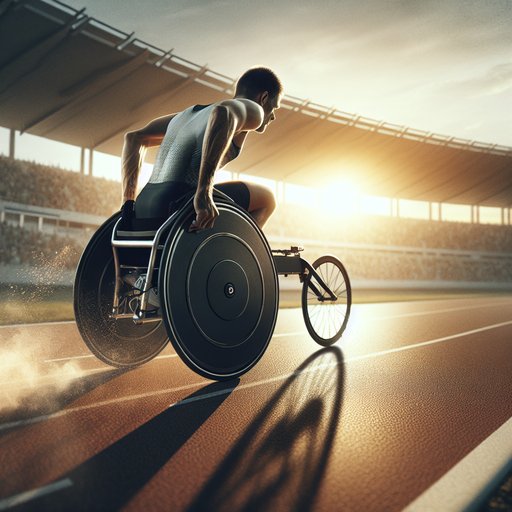
The Paralympic sports world continues to evolve and inspire, with Irish athlete Orla Comerford emerging as one of the movement's brightest stars following her remarkable achievements in Paris. Her success comes at a time when Paralympic sports are gaining unprecedented attention and recognition, building on a legacy that has transformed perceptions of adaptive sports since the landmark Sydney 2000 Games [1].
Orla Comerford has delivered a "sensational year" in Paralympic athletics, with her journey beginning at the Paris Paralympics in September 2024 [2]. Her achievements represent a continuation of the Paralympic movement's growth, which has been steadily building momentum since the Sydney 2000 Games, described as a "turning point" for Paralympic sports worldwide.
The Paralympic movement continues to evolve, as evidenced by recent developments in governance and competition structure. In a significant decision, Russian and Belarusian para-athletes will not participate in the 2026 Winter Paralympics [3], highlighting the movement's commitment to maintaining clear competitive standards and principles.
Looking ahead, the Paralympic movement is already influencing future host cities' development. Brisbane is undergoing substantial transformation as it prepares to host the 2032 Olympic and Paralympic Games [4], demonstrating how Paralympic sports continue to drive positive change in urban development and accessibility.
The Paralympic movement's journey, from its historical roots to its current standing, represents a remarkable evolution in adaptive sports. This progress has been captured in various documentaries and media coverage, showcasing the determination and achievements of Paralympic athletes while highlighting the growing recognition of adaptive sports in mainstream athletics [5].
























